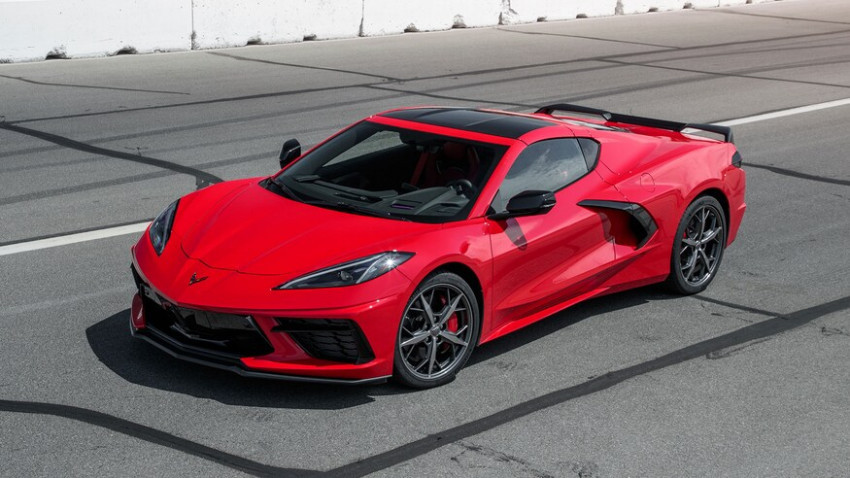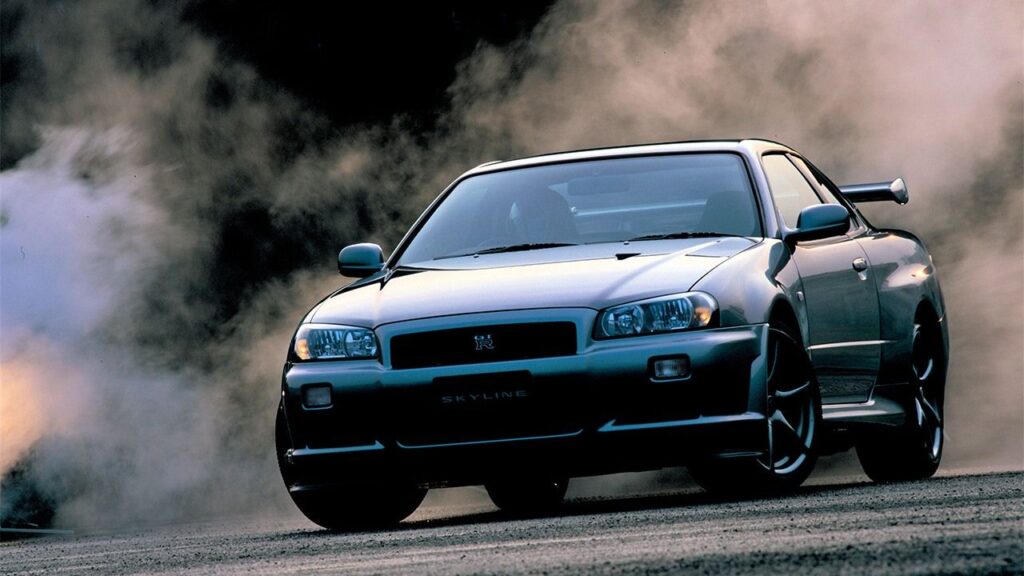What Is the Difference Between a Sports Car and a Regular Car?
What is the difference between a sports car and a regular car? This is a common question for car enthusiasts and everyday drivers.
Thank you for reading this post, don't forget to subscribe!فيديو مهارات الجوهرة روني بردغجي من هنا

While both vehicles are designed to provide transportation, they serve very different purposes. Understanding these differences can help you decide which type of vehicle best suits your needs. In this article, we will explore the key distinctions between sports cars and regular cars, focusing on performance, design, technology, and cost.
1. Performance: Speed vs. Practicality
Sports Cars: High-Speed Precision

The primary difference between a sports car and a regular car lies in performance. Sports cars are engineered for speed, acceleration, and handling. They often feature high-powered engines like V6s, V8s, or even V12s, producing significant horsepower and torque. This allows sports cars to reach high speeds quickly and handle sharp turns with ease. Performance-focused features such as adaptive suspensions and rear-wheel drive contribute to their agility on the road or track.
In essence, sports cars offer a thrilling driving experience for those who value speed and precision.
Regular Cars: Balanced for Daily Driving
In contrast, regular cars—such as sedans, hatchbacks, or SUVs—are designed for everyday use. Their engines prioritize fuel efficiency and smooth rides over high performance, usually featuring smaller, more economical engines like four-cylinder or V6 models. Regular cars focus on providing a comfortable and reliable driving experience, making them suitable for commuting, family trips, and city driving.
While some regular cars offer sportier trims, their focus remains on practicality and comfort rather than speed and performance.
2. Design: Aerodynamics vs. Comfort
Sports Cars: Sleek and Aerodynamic
The design of a sports car is unmistakable. With low ground clearance, wide tires, and a streamlined body, sports cars are built to be aerodynamic, reducing drag and improving speed. Their aggressive exterior styling, often featuring bold lines and sharp angles, reflects their focus on performance.
Inside, sports cars usually have a compact cabin, with a low seating position and minimal rear seat space. This design enhances the vehicle’s handling and provides a more immersive driving experience, but it sacrifices some comfort and practicality.
Regular Cars: Spacious and Functional
Regular cars, on the other hand, prioritize space and comfort. Whether it’s a sedan or an SUV, these vehicles offer larger cabins, ample legroom, and plenty of cargo space. Their designs focus on practicality, with higher seating positions and a more relaxed driving posture, making them ideal for families or daily commuters.
While regular cars may still consider aerodynamics for fuel efficiency, their overall design emphasizes functionality over speed.
3. Technology: Performance Enhancements vs. Convenience
Sports Cars: Advanced Driving Features
Sports cars incorporate cutting-edge technology focused on improving driving dynamics. Features like launch control, traction management systems, and adaptive suspensions are common. These technologies enhance the car’s ability to handle high speeds and challenging road conditions, giving drivers maximum control over performance.
However, sports cars often forgo certain luxury or convenience features to save weight and improve performance, meaning that some of the high-end infotainment systems and comfort options found in regular cars might be less emphasized.
Regular Cars: Comfort and Safety Tech
In regular cars, technology is geared more toward comfort and convenience. Modern regular cars are equipped with a range of infotainment systems, driver assistance features like lane-keeping assist and adaptive cruise control, and other safety technologies designed to make driving safer and more enjoyable.

The focus of regular car technology is on enhancing the overall driving experience and making it as stress-free as possible, rather than optimizing for performance.
4. Cost: Premium Pricing vs. Affordability
Sports Cars: Higher Costs for Premium Performance
Another significant difference between sports cars and regular cars is their price. Sports cars are generally much more expensive, not only due to their high-performance engines and advanced materials but also because of the brand prestige that comes with owning one. Cars from brands like Porsche, Ferrari, or Lamborghini can command six-figure price tags, and even more affordable sports cars tend to cost more than their regular counterparts.
In addition to higher initial costs, sports cars often come with increased insurance premiums and maintenance expenses due to the complexity of their components and their higher risk factors on the road.
Regular Cars: Budget-Friendly and Efficient
Regular cars are designed to be more affordable and economical. They offer a wide range of pricing options to fit different budgets, and their maintenance and insurance costs are generally lower. Regular cars also tend to offer better fuel efficiency, making them more economical in the long run for everyday drivers.
For drivers looking for an affordable, reliable option that suits daily commuting and family life, regular cars provide better value.
Conclusion: What Is the Difference Between a Sports Car and a Regular Car?

So, what is the difference between a sports car and a regular car? In summary:
- Performance: Sports cars are designed for speed and precision, while regular cars focus on reliability and comfort.
- Design: Sports cars feature sleek, aerodynamic designs, whereas regular cars prioritize spacious interiors and practicality.
- Technology: Sports cars incorporate performance-enhancing technologies, while regular cars focus on convenience and safety features.
- Cost: Sports cars come with higher price tags and maintenance costs, while regular cars are more affordable and efficient.
The choice between a sports car and a regular car ultimately depends on your priorities as a driver. If you value exhilarating performance and dynamic handling, a sports car might be the right fit. However, if you need a reliable, cost-effective vehicle for daily use, a regular car will likely be a better choice.



